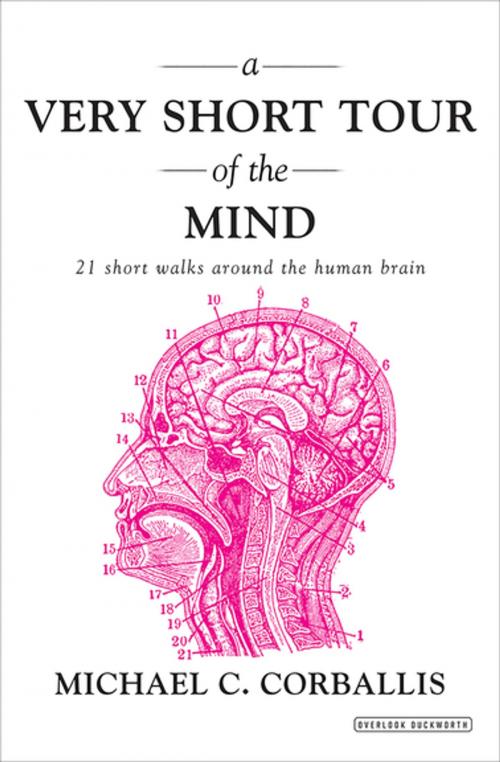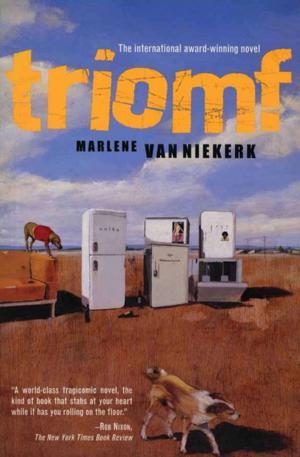A Very Short Tour of the Mind
21 Short Walks Around the Human Brain
Nonfiction, Reference & Language, Reference, Almanacs & Trivia, Trivia, Health & Well Being, Psychology, Cognitive Psychology| Author: | Michael C. Corballis | ISBN: | 9781468315462 |
| Publisher: | ABRAMS (Ignition) | Publication: | April 25, 2017 |
| Imprint: | ABRAMS Press | Language: | English |
| Author: | Michael C. Corballis |
| ISBN: | 9781468315462 |
| Publisher: | ABRAMS (Ignition) |
| Publication: | April 25, 2017 |
| Imprint: | ABRAMS Press |
| Language: | English |
“Thoroughly enjoyable” essays from a cognitive neuroscientist, filled with surprising facts (Kirkus Reviews, starred review).
Modern computers might be faster, and whales might have larger brains, but neither can match the sheer intellect or capacity for creativity that the human mind enjoys. It is arguably the most complex organ in the universe.
If you’ve ever wondered why your dog can remember where it buried its bone but you can’t find your keys, or whether it’s true that we use only ten percent of our brainpower, this concise book offers some answers—and introduces us to what science has learned about the intricacies of the human brain over the last fifty years. Leading us through behavioral experiments and neuroscience, cognitive theory and Darwinian evolution, Michael Corballis punctures a few hot-air balloons, and explains just what we know—and don’t know—about our own minds.
“Poses questions we wouldn’t have thought to ask and then answers them with clarity and wit.” —American Scientist
“Thoroughly enjoyable” essays from a cognitive neuroscientist, filled with surprising facts (Kirkus Reviews, starred review).
Modern computers might be faster, and whales might have larger brains, but neither can match the sheer intellect or capacity for creativity that the human mind enjoys. It is arguably the most complex organ in the universe.
If you’ve ever wondered why your dog can remember where it buried its bone but you can’t find your keys, or whether it’s true that we use only ten percent of our brainpower, this concise book offers some answers—and introduces us to what science has learned about the intricacies of the human brain over the last fifty years. Leading us through behavioral experiments and neuroscience, cognitive theory and Darwinian evolution, Michael Corballis punctures a few hot-air balloons, and explains just what we know—and don’t know—about our own minds.
“Poses questions we wouldn’t have thought to ask and then answers them with clarity and wit.” —American Scientist















